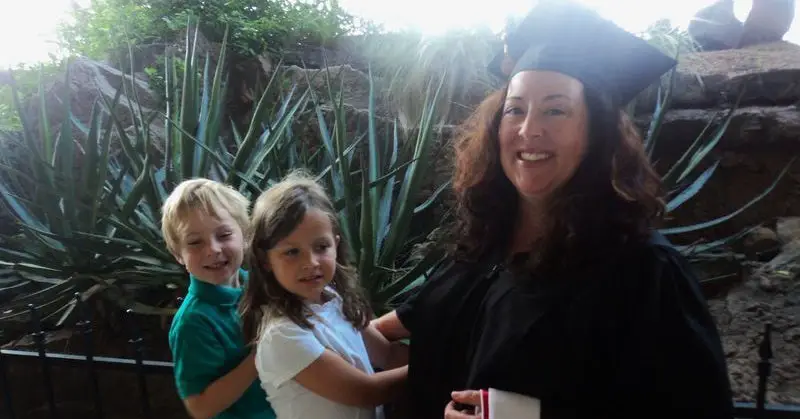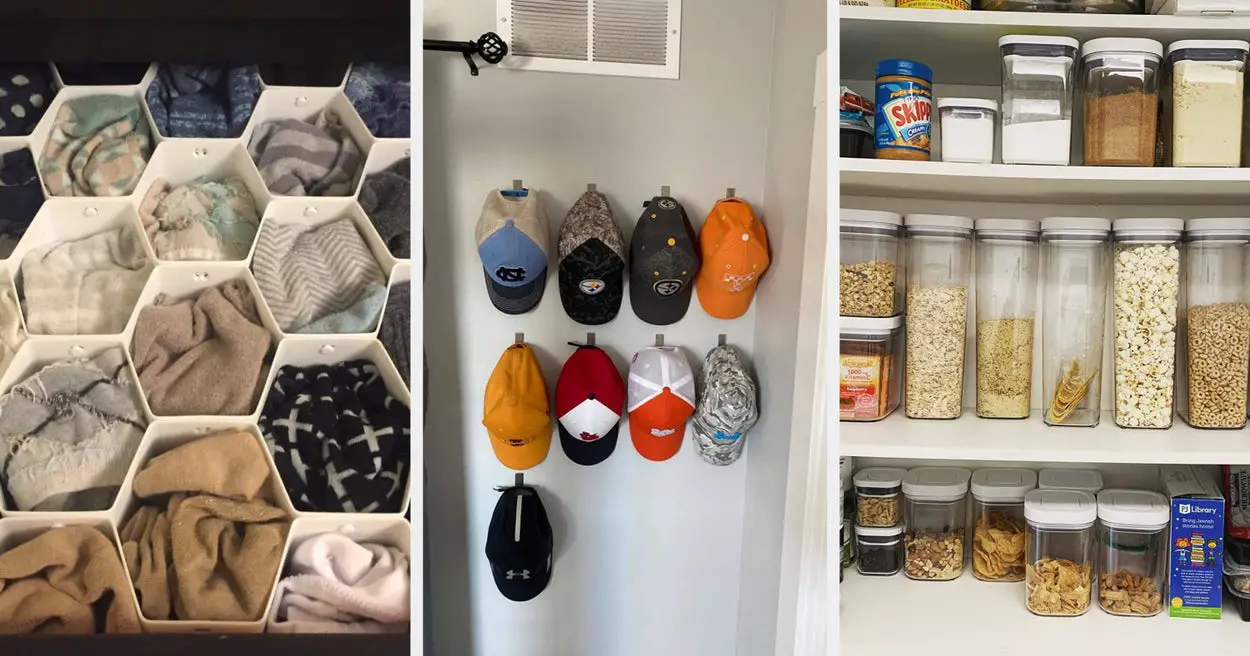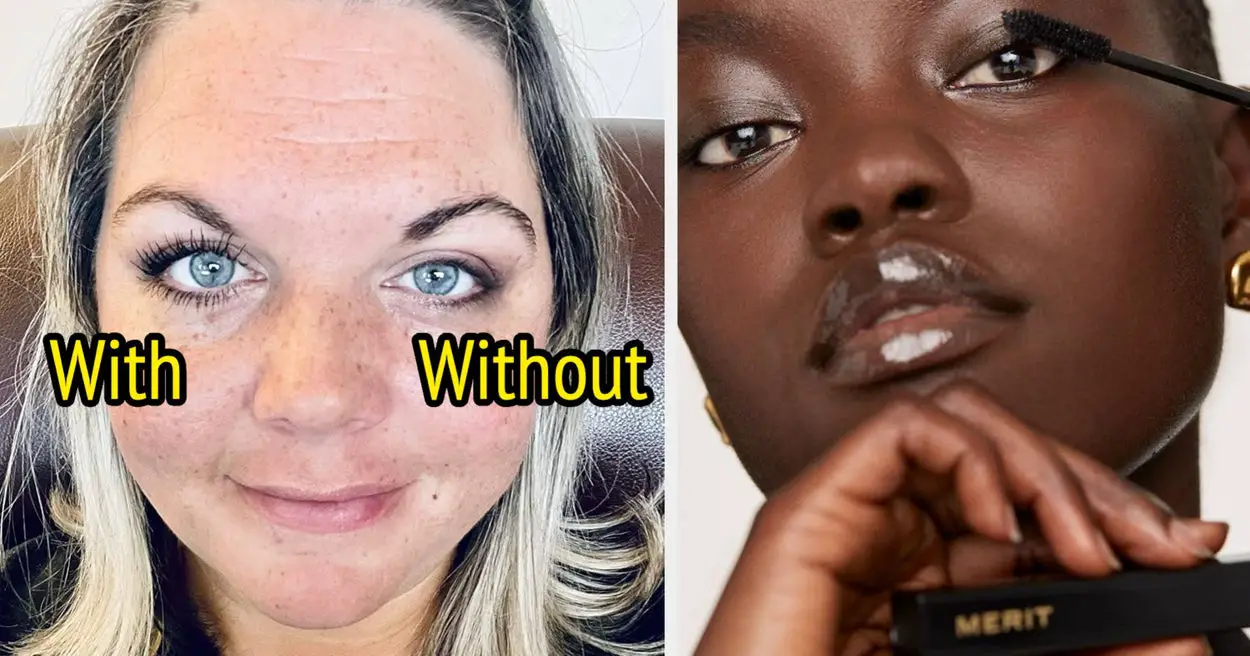Donations Make us online
In March, I took part in an artist residency at Vermont Studio Center. The residency is in a small town nestled in the Green Mountains, and it’s designed to give artists time to focus on their work with minimal outside distractions.
Each evening after dinner, I intended to return to my studio to write for a few more hours before bed. Instead, I found myself perched on the edge of one of the couches surrounding the communal television, binge-watching Love Is Blind with my fellow cohorts. Hate-watching the Netflix show — in which men and women compete to get engaged and potentially married — was a way to loosen up after a long day of writing about heavy topics.
Even with the show’s default heteronormativity, I was shocked to see that so few women across the multiple seasons of Love Is Blind questioned whether they would change their last names after marriage. I lost count of how many times a contestant squealed, “I can’t wait to be Mrs. So-and-So!”
Before seeing this, I had assumed that the tradition of a woman giving up her last name upon marriage was less common among millennials and Gen Zers. But according to a 2023 survey by the Pew Research Center, 79% of women in opposite-sex marriages take the surname of their spouse.
Obviously, this tradition isn’t new to me. I grew up in the 1980s in a conservative, religious household with rigid views on gender, sexuality and women’s roles. In this environment, a woman was meant to be subservient to her husband, and part of that meant taking her husband’s last name to demonstrate that she no longer belonged to her father, but to another man.
Many women who were not raised in traditional, religious homes still opt to change their names after marriage, even though a number of the legal and social institutions supporting the custom changed in the 1970s. Today, the percentage of women in opposite-sex relationships who change their name after marriage has reverted to pre-1970s figures, even though the number of women who are college-educated and can support themselves financially has grown.
Up to around age 9, I resisted the sexism around me. I was outgoing and confident. When my father read to me from the biblical Book of Proverbs at bedtime, I demanded that he change the pronouns from “he” to “she.”
My second grade teacher consistently criticized me as “too bossy” and “unladylike.” I once overheard my mother saying she was worried that I was going to be a lesbian. This was because whenever she talked to me about “when you get married,” I corrected her by saying, “You mean IF I get married.”
But my father was angry often, and my mother struggled with her mental health. Somewhere along the way, I opted to stop making waves and became silent and cooperative. It felt as if I had two selves: my true self, which I hid, and the outer self, which was a version of what others expected me to be.
I didn’t go away to college like I had dreamed of doing when I was younger. Instead, I married when I was 21; my husband was 24. While on our honeymoon, we had several arguments about changing my last name to his. Although we had discussed the issue before, he didn’t take my reluctance to do so seriously until after we were married.
Over and over, I explained to him that I was the last member of my family, whereas he had brothers and many cousins, and changing my family name would be allowing it to die out. When I would ask him, “Why is your family more important than mine?” he would shrug and say: “I don’t know. I just want you and me and our kids to all have the same name.”
“If that’s the case, then change your name to mine.”
“I’m not going to do that. I’m not giving up my family name.”
“But it’s OK if I do?”
Shrug.
Eventually, I caved and changed my name. When I got my new Social Security card in the mail, I felt as if it belonged to a stranger. I was disappointed in myself. Again I had given in to another person’s expectations rather than staying true to myself.
A few years into my marriage, I began working at an elementary school. One day in the break room, a co-worker left behind a brochure for a local college she was considering attending for a master’s degree. As I read through it, I wondered if I too could go to college and pursue an education. I decided to enroll, and the person I had been hiding began to emerge as I developed confidence in myself.
Growing up, in my home and religion, conformity was achieved by controlling who could speak and limiting critical thinking through punishment. For the first time, at college, I was in an environment where I was encouraged to ask questions and expected to express myself out loud.
I was eager to be in class, and my instructors responded to my enthusiasm by giving me help and attention. During my junior year, I worked as a research assistant for one of my English professors and impressed him with how I managed to track down obscure facts. As each little validation built on another, I began to believe that I was more than the small expectations of other people.
Not long after graduating with an undergraduate degree, I discovered that I was pregnant with my first child. Motherhood and the desire to be authentic with my children were even more of a catalyst for being myself than college had been. I left the religion I was raised in. I couldn’t continue the pretense that I believed in it, and I didn’t want my children to be harmed by it as I had been.
As I began to build a life on my terms, I started writing. I went on to graduate school, and as I earned diplomas and publishing credits, I disliked seeing my husband’s last name on them. I didn’t feel as if those accomplishments were mine.
Source link












Leave a Reply